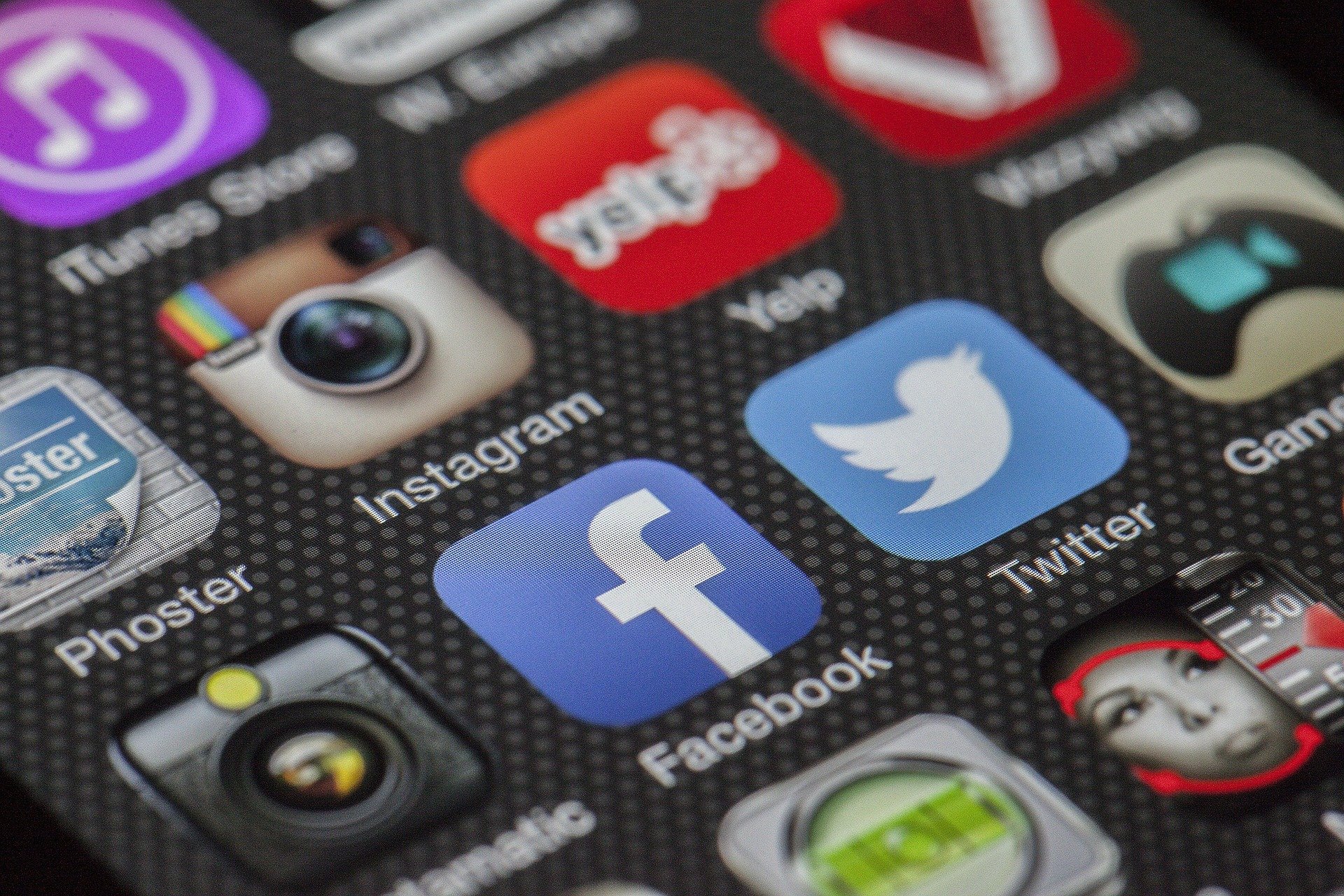Generally speaking, people use social media to keep friends and family in the loop about what’s happening in their personal lives. So, if you’ve been injured in an accident, it can be tempting to hop on Instagram, post a picture of your totaled car, and reassure your followers that you’re still alive and well. Later, you might post pictures from your morning CrossFit workout or your ski trip. Or you might check in at various bars as you enjoy a night out on the town with friends.
Innocent enough, right? Isn’t that the point of social media—sharing with friends?
Not if you’re pursuing a claim for your personal injury. Here’s why.
How Social Media Can Be Used as Evidence in Your Case
To clarify, when we refer to social media, we’re talking about any site you use to keep up with friends and family online: Facebook, Twitter, Instagram, TikTok, YouTube, Snapchat, LinkedIn, Reddit, Pinterest, or any other platform. Information from any of those sites can be valuable evidence in legal proceedings.
How? Well, let’s consider the examples in our first paragraph. If you’re arguing that you were injured in the accident, the defense in your case could point to your post as proof that you weren’t actually hurt. After all, you told everyone you were okay, right? Then there are the pictures and descriptions of your lifestyle. If you post about working out, skiing, taking a trip, completing home projects, or even going for a walk with a friend, the defense could use the photos and descriptions you post as evidence that you’re exaggerating your injuries or your emotional distress. Finally, evidence that you’re out bar-hopping could convince a judge or jury that you were in some way reckless and contributed to the accident.
But wait—how will the defense even find your social media?
How the Defense Can Get Access to Your Social Media—Even if It’s Private
If you’ve filed a personal injury claim, there are two ways that the defense could find out about your social media information. First, they could take the front-door approach: they could just search for your name and see what you’ve publicly shared or send you a friend request. They’re basically walking in the front door and seeing whatever you’ve left out for them to see.
No problem, you think. You’ll just set your profile to “private” or “friends only,” reject any new friend requests, and keep posting whatever you want. Not so fast—this is where the back-door approach becomes important.
The defense can always ask for access to your social media accounts during the discovery phase of your case. In discovery, each side is allowed to learn about the other side’s claims and any relevant evidence they have—up to and including social media information, even if you think it’s set to “private.”
Social Media Can’t Help You—But It Can Hurt You
The bottom line, from our perspective, is this: if you’ve been injured and you’re even thinking about filing a personal injury claim, you shouldn’t post anything personal on social media until your case is over. Even a post that you think is completely harmless could be twisted or misinterpreted to be used against you. Worse, there’s no way for your social media to help your case. If the judge or jury doesn’t believe what you testify about in court, they’re sure not going to believe it just because you said it on social media.
Here’s an example, from a recent case out of Louisiana. The plaintiff was undeniably injured in a car accident that was not at all his fault. So far, so good for his claim. But he was asking for future damages, claiming that the injuries he had sustained limited his ability to work as a personal trainer. When he testified, defense counsel cross-examined him about “several workout and running videos on social media which seemingly contradicted his testimony” that he was still suffering from his injuries. In this case, the judge was sympathetic to the plaintiff and ruled in his favor despite the social media evidence—but his case would have been stronger, and his recovery potentially higher, without the social media videos.
If you’ve been injured in an accident, you need guidance from an experienced, local personal injury lawyer to answer questions like this. Hunter & Everage is here to help, with experienced personal injury and disability lawyers in Richmond, Virginia, and Charlotte, North Carolina.

